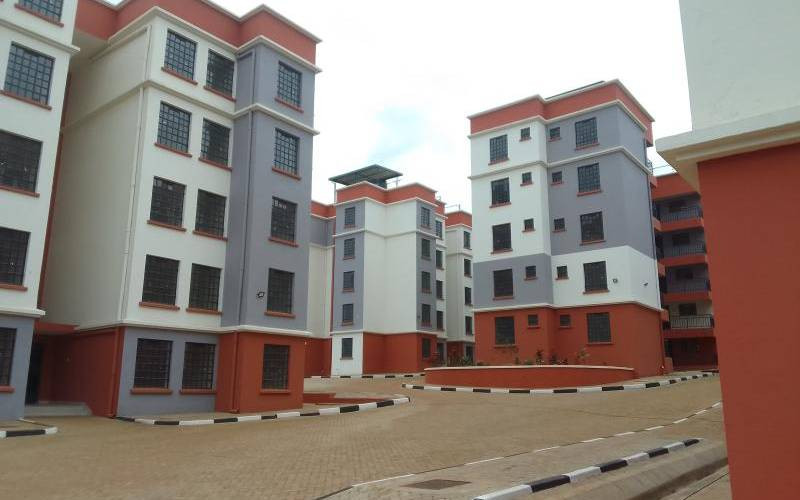
Kenya’s property market is safe from a possible housing bubble due to the cash-based nature of transactions in the real estate sector, where just two per cent of units are bought through mortgage.
A housing bubble is a run-up in home prices fueled by demand, speculation, and exuberance that bursts when demand falls as supply increases.
A new study by real estate developer HassConsult says, unlike other markets where mortgages dominate a majority of transactions, only an estimated 0.1 per cent of Kenyans hold the approximately 30,000 active mortgages.
This accounted for just 1.6 per cent of the country’s gross domestic product (GDP) in 2022, down from 2.67 per cent in 2019. “These mortgages are, additionally, of a typically shorter duration than norms on the international market, at around 10 years in Kenya versus 25 years internationally,” says the study titled The Kenyan Residential Property Market. The study compared the Kenyan market to South Africa, Switzerland, France, Singapore, Canada, the United States, the United Kingdom, and Australia. In these markets, the percentage of property bought with a mortgage ranges from 50 per cent (South Africa) to 90 per cent (Singapore).
Similarly, the sum of mortgages as a share of GDP ranges from 26 per cent (South Africa) to 112 per cent (Australia).
The study presents Kenya as the most suitable market to invest in, noting that over the last 25 years, property prices have grown 425 per cent compared to 201 per cent (United States), 151 per cent (France) and 122 per cent (Singapore).
South African prices have climbed by 69 per cent. HassConsult Chief Executive Sakina Hassanali said the cash-based purchases in Kenya are a strong backing for the sector. “What that means is we have a lot more resilience to down cycles because people are not often going to discount their properties and sell them,” she said during the report’s launch in Nairobi on Tuesday.
She noted that in global economies, once there is a fiscal policy change, such as in interest rates, this would affect the sector, resulting in defaults, which create pressures in the property market.



